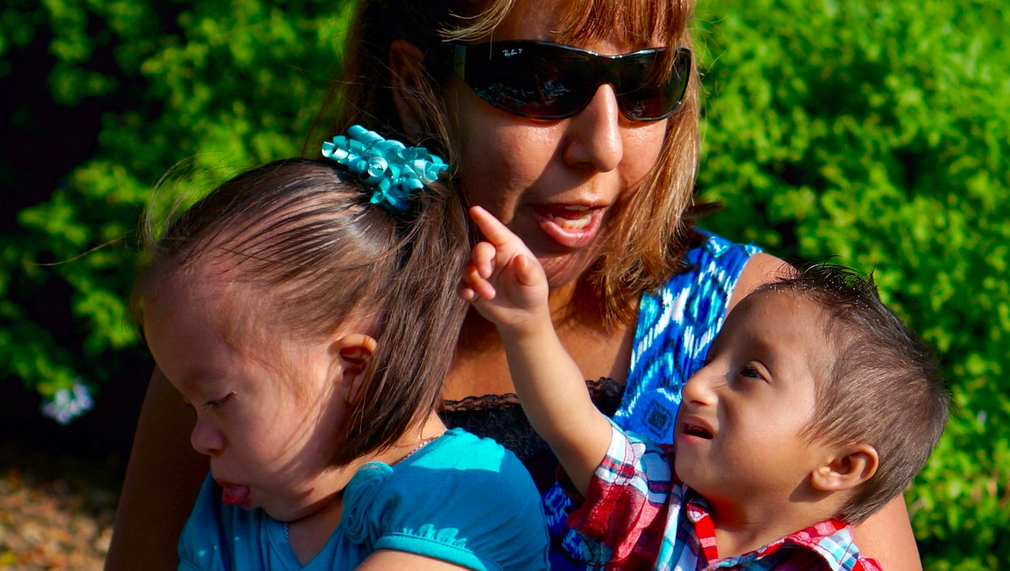Protecting Education Rights of Foster Youth
LRLC will provide special education legal services to foster youth with disabilities who have unmet education needs. The project will ensure they receive educational and mental health services, and will interrupt the school-to-prison pipeline by securing alternatives to disciplinary proceedings and supporting youth ageing out of the foster system and transitioning to post-secondary education. In addition, LRLC will provide trainings to foster parents and advocates to support students’ education beyond their current placement.

What is the primary issue area that your application will impact?
Support for Foster and Systems-Impacted Youth
In which areas of Los Angeles will you be directly working?
County of Los Angeles
In what stage of innovation is this project, program, or initiative?
Expand existing project, program, or initiative
What is your understanding of the issue that you are seeking to address?
Foster youth face daunting challenges both within and outside of the education system. They are more likely than their peers to be chronically absent from school, and are dramatically less likely to graduate. Once out of the system at the age of 18, these youth face increased rates of homelessness and arrests. For the thousands of systems impacted youth in Los Angeles – over 8,000 youth were arrested in the county in 2018 – it is vital to intervene early in their education in order to disrupt the school-to-prison pipeline by reducing interactions with the justice system. For students with disabilities, this intervention takes the form of appropriate education and mental health services, particularly in lieu of disciplinary proceedings, in response to behavior that stems from unaddressed trauma or disability.
Describe the project, program, or initiative this grant will support to address the issue.
To improve educational outcomes for systems impacted youth, our project will provide free legal representation to students in the foster care system and train foster parents on the education rights of students in the system so they can advocate for the children under their charge. For students receiving direct representation, LRLC will first seek educational assessments to ensure students are appropriately diagnosed and their needs are accurately identified. Subsequently, LRLC will seek educational and mental health services for the students to address all unmet needs. Our attorneys can often use previously unidentified diagnoses and a lack of services to pursue therapy and education services as an alternative to expulsion or other discipline. The project will also provide free trainings to foster parents and other education rights holders for foster youth. The trainings will equip caregivers to advocate on behalf of foster youth in the school system by familiarizing them with education law, students’ rights, and the special education identification and service delivery processes. LRLC has conducted similar trainings for low-income parents for over 15 years, and has seen thousands of families secure vital education services for their students after participating in classes. LRLC expects similar results for foster youth when caregivers are informed about their students’ education rights.
Describe how Los Angeles County will be different if your work is successful.
If this project is successful, LRLC will have utilized education advocacy to protect foster youth from the school to prison pipeline, and trained a cadre of foster parents to use self-advocacy to accomplish the same. A successful project will connect with other LA County aligned agencies to integrate education rights into their services. This may exist as referrals to LRLC, or as trainings to agency staff. When a student is able to graduate from high school their prospects of employment increase. If the student continues on to either higher education or a training/apprenticeship program their employment chances increase even more. While we cannot impact the number of children who enter the foster system, a successful project will reduce the number of students who become “dual-system” by additionally interacting with the justice system. Such a reduction will make a substantial and life changing difference for each child in LA County.
What evidence do you have that this project, program, or initiative is or will be successful, and how will you define and measure success?
LRLC tracks outcomes in a cloud-based database customized for legal practitioners. LRLC tracks the number of assessments secured, subsequent changes to students’ education programs, and additional educational and mental health services students will receive over the coming year. In 2021, LRLC’s education advocacy secured $3.6 million worth of free services for students with disabilities, including over 12,000 hours of tutoring and 1,500 hours of mental health services for 98 students. LRLC also secured 283 education and mental health assessments for these students, and advocated for 25 to be moved to a more appropriate education setting. For one of these students, LRLC prevented their expulsion and expunged their school record since their behavior stemmed from an untreated disability. LRLC utilizes this data to identify categories of particular need for foster youth. These findings are used to prepare the organization for better advocacy for students experiencing similar issues.
Approximately how many people will be impacted by this project, program, or initiative?
Direct Impact: 24
Indirect Impact: 60